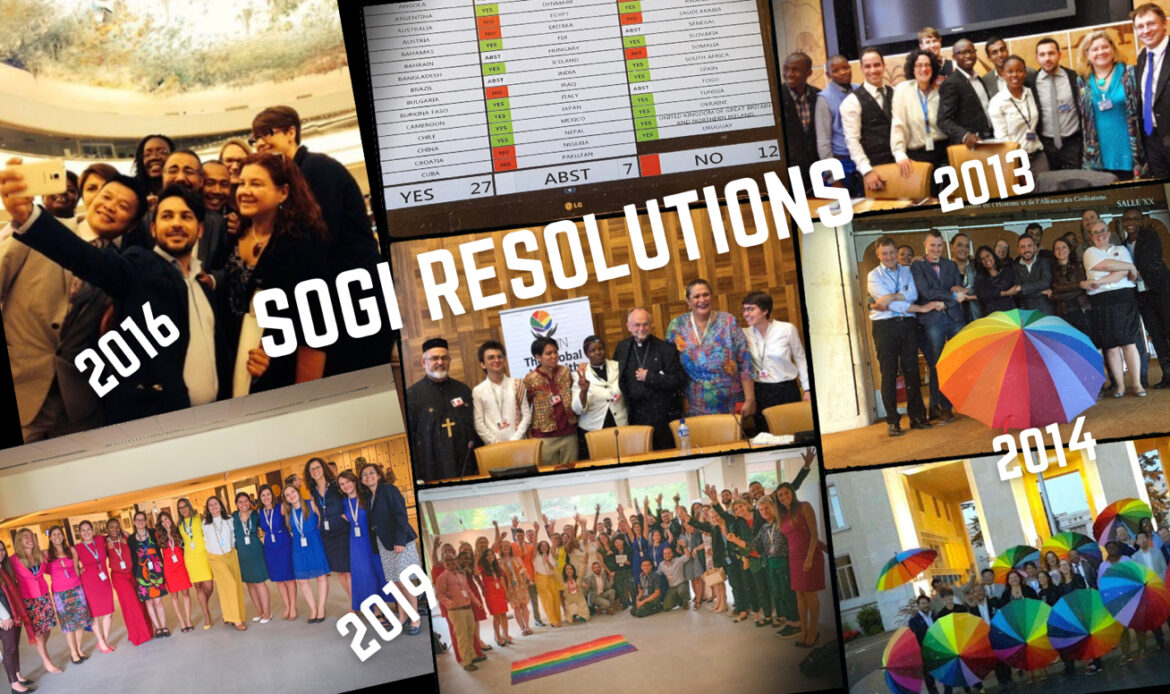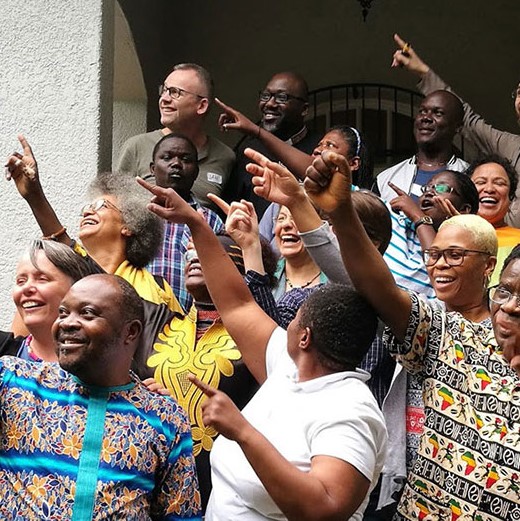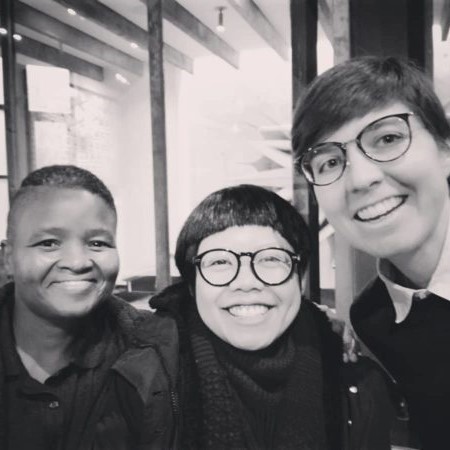The United Nations High Commissioner for Human Rights’ reports, which documented serious violations and positive developments based on SOGI in all regions of the world, highlighted serious protection gaps and noted the need for a mechanism to address the serious human rights violations and abuses based on SOGI globally.
In response, more than 800 organizations from over 150 states and territories delivered a joint statement stressing the need for the Human Rights Council to establish a Special Procedure to focus on violence and discrimination based on SOGI which resulted in the violation of human rights.
In June 2016, the UN Human Rights Council by resolution 32/2, voted to create the first Independent Expert on protection against violence and discrimination based on sexual orientation and gender identity (IE SOGI) for a period of 3 years, and is tasked to:
- assess the implementation of existing international human rights instruments and identify best practices and gaps;
- raise awareness, identify and address the root causes;
- engage in dialogue and consult States and other stakeholders;
- in cooperation with States, foster the implementation of measures that contribute to the protection of all persons;
- address the multiple, intersecting and aggravated forms;
- conduct, facilitate and support advisory services, technical assistance, capacity-building and international cooperation on national efforts.
In 2019, the council adopted the resolution 41/18. The IE SOGI mandate was renewed with the support of 1312 organizations from 174 different States and territories.
Achievements of the Mandate
Since 2016 the Independent Expert has conducted official visits to Argentina, Georgia, Mozambique, Ukraine and Tunisia, where the mandate holder has engaged with various stakeholders, including government officials, civil society, UN agencies, funds and programs, religious leaders and LGBT persons and communities.
The mandate has produced thematic reports documenting discrimination and violence on the basis of SOGI, welcoming progress and identifying good practice from all the regions to assist States to comply with their obligations under international human rights law. The independent expert has identified root causes and addressed violence and discrimination faced by specific groups.
The nine reports presented by the Independent Expert have covered the following themes, thereby cementing an understanding of how SOGI rights are violated and international human rights law is breached.
- Gender theory (2021)
- Impact of COVID-19 on LGBT persons (2020)
- So-called “conversion therapy” (2020)
- Social, cultural and economic inclusion (2019)
- Data collection and management (2019)
- Legal recognition of gender identity and depathologisation (2018)
- Overview of violence and discrimination (2018)
- Diversity in humanity, humanity in diversity (2017)
- Decriminalisation and anti-discrimination measures (2017)
The IE has played a key role on critical human rights issues and situations, raising awareness regarding SOGI issues within the UN system through constructive dialogues with other Special Procedures mandate holders, UN Treaty Bodies, UN Agencies and so on.
Upcoming renewal of the mandate July 2022
In all regions of the world, despite the advancement and achievements, individuals continue to suffer human rights violations, discrimination and violence on the ground of SOGI.
Even in UN human rights spaces, gender equality, the rights of LGBTI+ persons and other marginalized groups are constantly under attacks from religious fundamentalists that misuse Freedom of Religion or Belief (FoRB), base their arguments on conservative and exclusive understandings of concepts such as culture, tradition, and national sovereignty to shut down dialogue and justify violence and discrimination.
In fact, the anti-rights actors (groups of religious fundamentalists) increased coordination across regions, institutions and religions and strategic engagement in influential processes within human rights spaces threaten the human rights system. Divisive language, misleading and co-opted discourses and misinformation are used to question the universal application of international standards and undermine the human rights framework.
Consequently, the Human rights movements experienced, across all regions, shrinking spaces for civil society and setbacks of human rights.
In conclusion, to promote constructive dialogue, increase awareness of the issues, provide assistance to support States in addressing these issues, and enhance the Council’s capacity to fulfill its mandate by addressing human rights issues on these grounds.The human Rights council must act in line with its guiding principles to protect the human rights of all individuals.
The Council must renew the mandate Independent Expert on protection against violence and discrimination based on sexual orientation and gender identity. (IE SOGI) is critically needed and essential. The following reasons make a compelling case for its renewal
-
The Independent Expert’s work on documenting human rights violations on grounds of SOGI has merely scratched the surface. Considering that the mandate extends to all countries in the world and the SOGI population is in many parts of the world hidden and isolated and marginalized, the work of the mandate holder remains urgent and compelling
-
The institutional opposition to SOGI issues has been gradually diminishing, in the United Nations. System. However many challenges remain. Its important that this work continue and discrimination and violence be combattted at the international level.
-
The Independent Expert on SOGI over the terms of the last two mandates has shed consistent light on the violations suffered on grounds of SOGI and brought an international focus to issues which were ignored till then. The mandate should be renewed based on the principle of ‘non retrogression of rights’. Rights once recognized should not be taken away.





